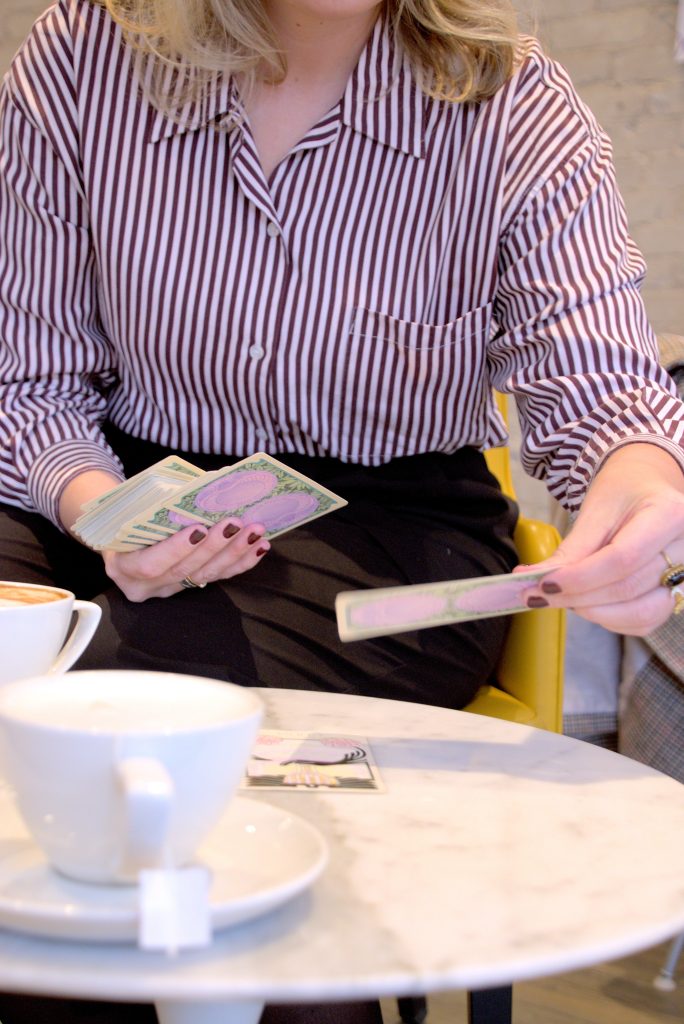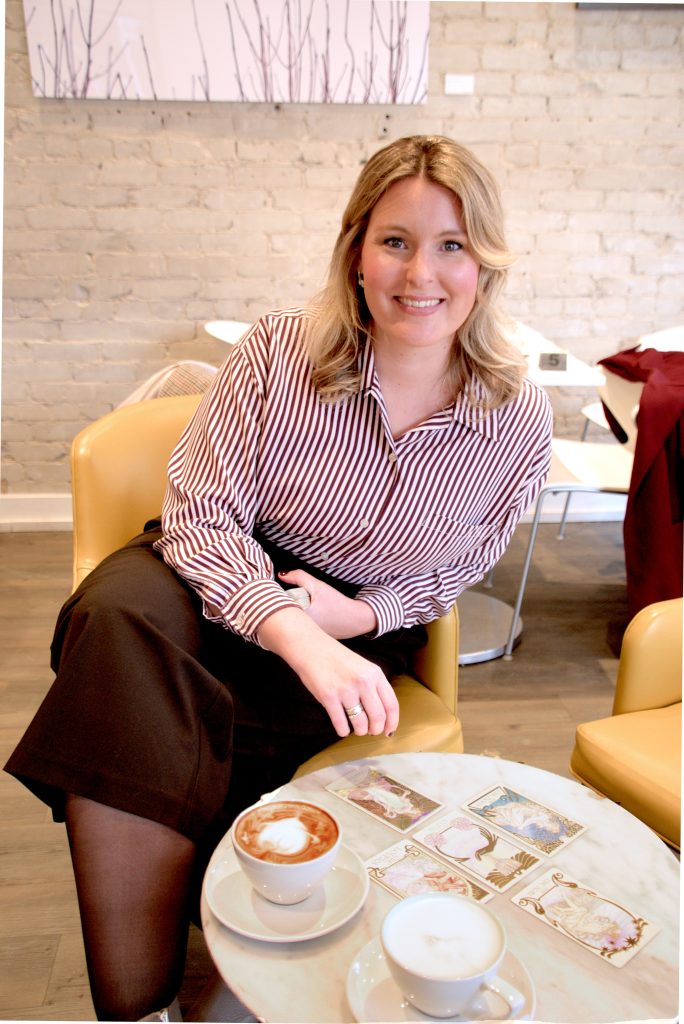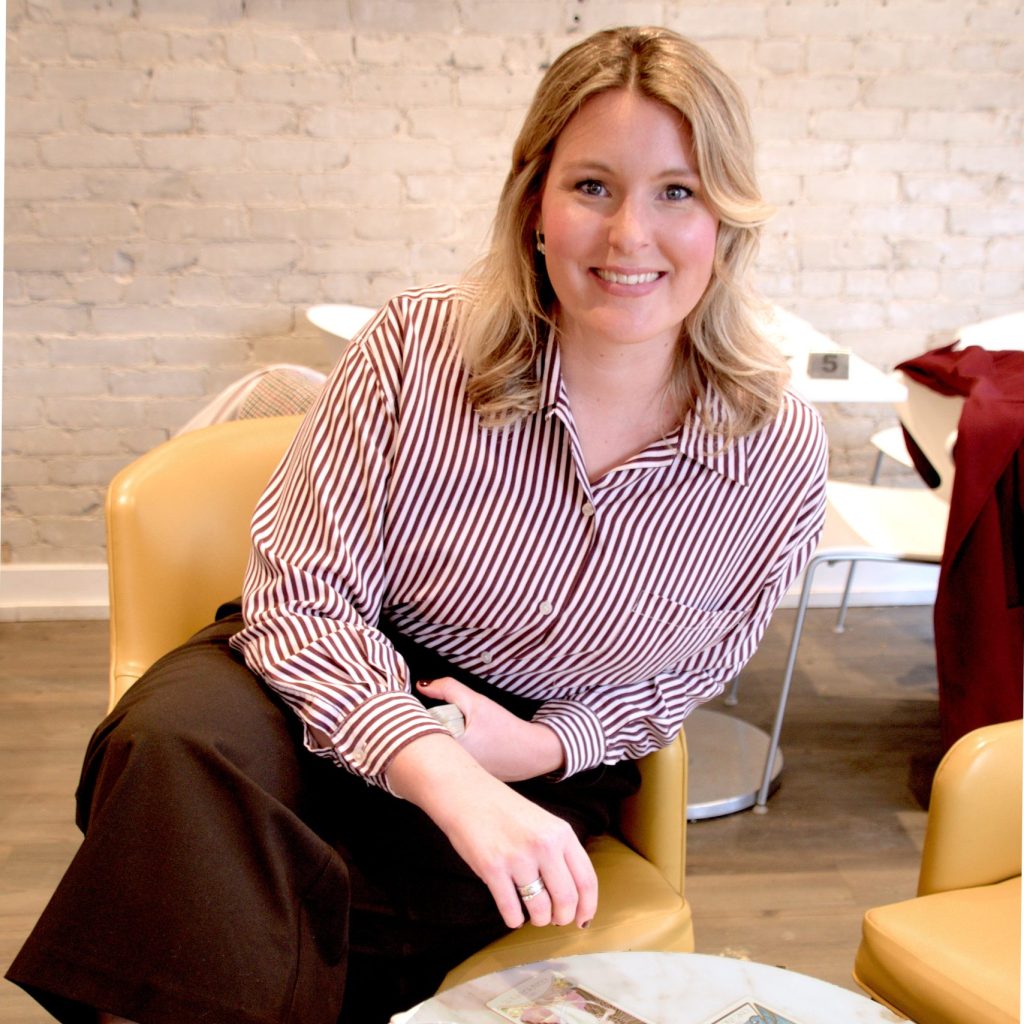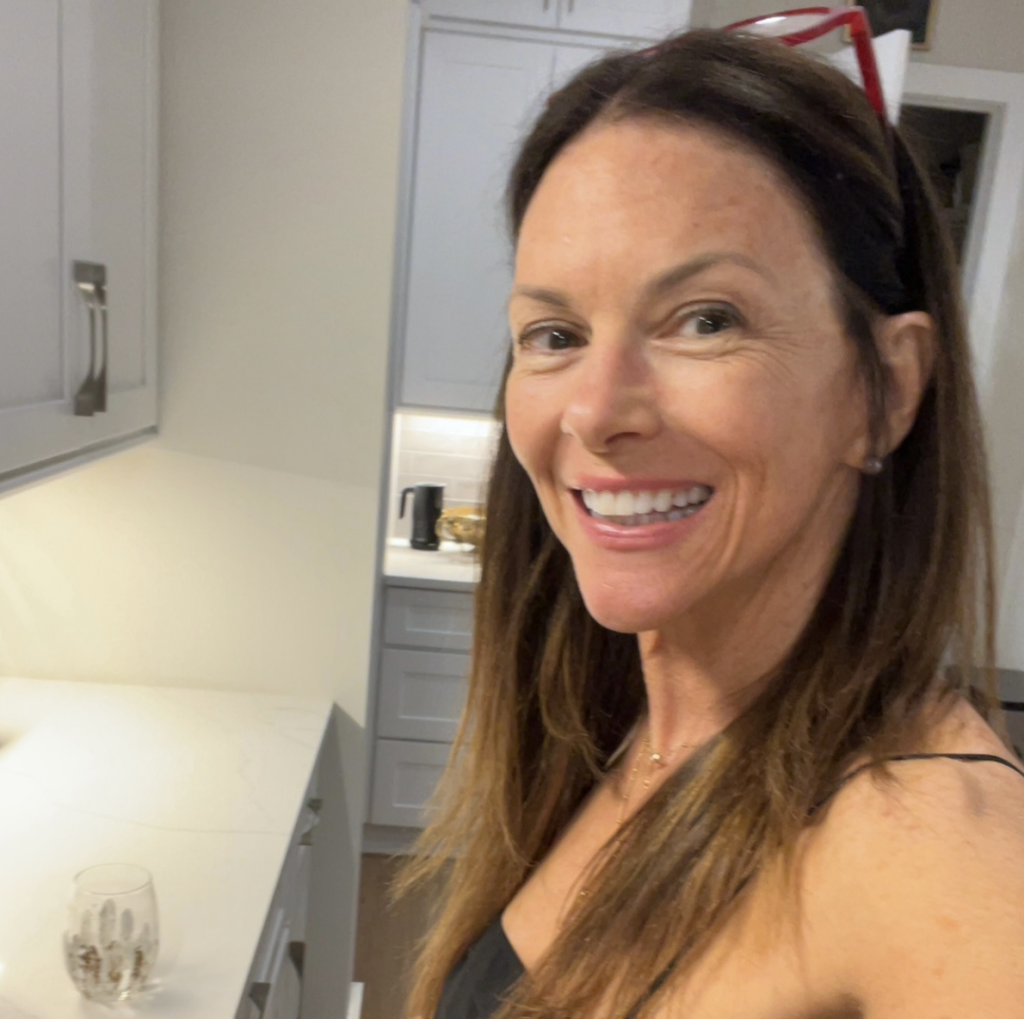Meet The Tarotologist
If you're interested in peaking into your future, you might consider letting the tarot cards lead the way! A refreshing approach to this unique method is one that actually gently connects you to your own inner voice. The expert in this sat down with us to explain this unique approach to her own tarot card services and how it's been used also in her profession. She's been using the tarot cards in her own counseling sessions with clients and having amazing results. This process as earned her the name of the Tarotologist, and rightly so!
Meet Hilary Thurston (MA RSSW), also known as The Tarotologist, who is a Tarot Card Reader, Mental Health Counsellor and PhD Candidate specializing in psychoanalytic feminism and critical theory in the field of mental health and addictions. Hilary uses the tarot cards as a psycho-spiritual therapeutic modality to support clients to connect with their intuition, gain clarity and feel empowered to make the changes needed to increase their sense of emotional fulfillment.
What is tarot- how does it work? How can tarot be used to improve mental health and emotional wellness?
I practice tarot reading from a psychoanalytic approach in the sense that I engage with the tarot card meanings as reflective of a client's unconscious emotional disposition, needs and desires. In this approach, the tarot cards are treated like a mirror reflection of a client's emotional energy to highlight and re-frame the psychological and relational themes arising in their life.When using the tarot to support mental health and emotional wellness, it is important to approach the cards from a self-determined and empowered position. Don't give your power away by assigning the deck of cards any authority over your life. The tarot cards in and of themselves are not magic, your energy and intention is what brings the practice of tarot to life. When we treat the cards like a third party who knows us better than we know ourselves, we can fall down a slippery slope into delusion and disempowerment, which can exacerbate existing mental health challenges or emotional instability. It is important to acknowledge that the cards will not show you something that doesn't already exist in your own intuitive experience.

Who is a good candidate for this kind of psycho-spiritual therapy?
Spiritual or spiritually curious, sensitive and intelligent women are drawn to this practice because it is an analytical and interpretive technique that validates one's emotional experiences. I work with a lot of successful, smart and ambitious women who are leaders in their communities, companies and organizations, and who are exploring their spirituality in light of a realization that despite their success, they are still feeling emotionally unfulfilled, struggling with addictive tendencies, co-dependent relationships and emotional instability. These are women who have used their intelligence to get where they are today, but who may also struggle with over-thinking or anxiety because they are so cerebral.
What should you look for in a tarot reader?
Contrary to mainstream media representations of tarot readers, we are not all running a scam, but there are ways to tell if someone is practicing in an unethical way. If you are looking for a tarot card reader, look for someone whose story you resonate or identify with, and be wary of anyone who promises a cure-all for your troubles, or tries to upsell you with a cliffhanger at the end of your reading. The last thing I want to do as a Tarot Reader is to provoke anxiety or promote a client's insecure attachment to me, or to the tarot in general. There is no panacea and there are no guarantees when undergoing a healing journey, and someone who promises to deliver that through a tarot reading may have questionable motives. When it comes to technique, tarot readers have different approaches and there is no wrong way to do an intuitive, interpretive craft. So when you are choosing a reader, you really have to go with your gut, assess how you feel and whether or not it aligns with your needs. If you're getting value from the sessions, and leaving them feeling grounded, empowered and hopeful, that's a strong sign that you've found a good reader. I always suggest trusting the serendipity of your life. If you happen upon a reader who speaks to you, reach out and see where it goes.

How did you get into tarot reading? (Hilary's story)
I picked up a deck of tarot cards when I was in my early 20s and navigating some big changes in my career and personal life. At the time, I hoped that the cards would tell me what to do with my life, resolve my anxiety and allow me to avoid responsibility for my own emotional fulfillment. As I worked with them, I realized that they are more powerful as a method of introspection that connects us to our intuition and promotes self-determination. The tarot cards have shaped my personal psycho-spiritual practice, and have been the one mainstay in a revolving door of healing techniques I have tried over the last decade to address my own anxiety, depression, PTSD, addiction, disordered eating, co-dependency, and chronic pain. As the result of a grueling healing journey, I have explored countless theories, frameworks and healing methods, and acquired a ton of wisdom that I can now impart on my clients with the help of the tarot cards.
If you'd like to follow Hilary, you can find her on Instagram and also visit her website!





638 Comments
Add Comment